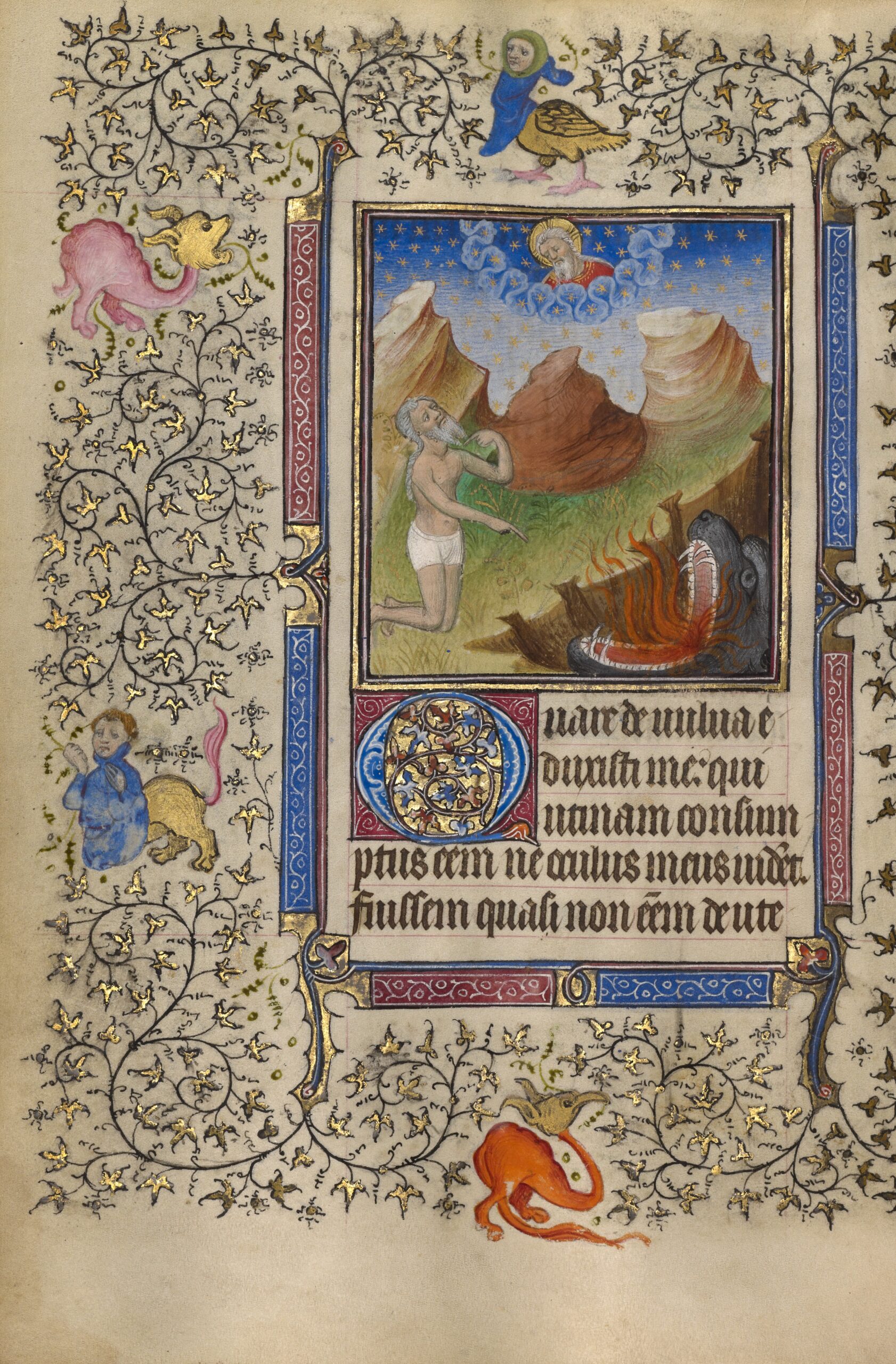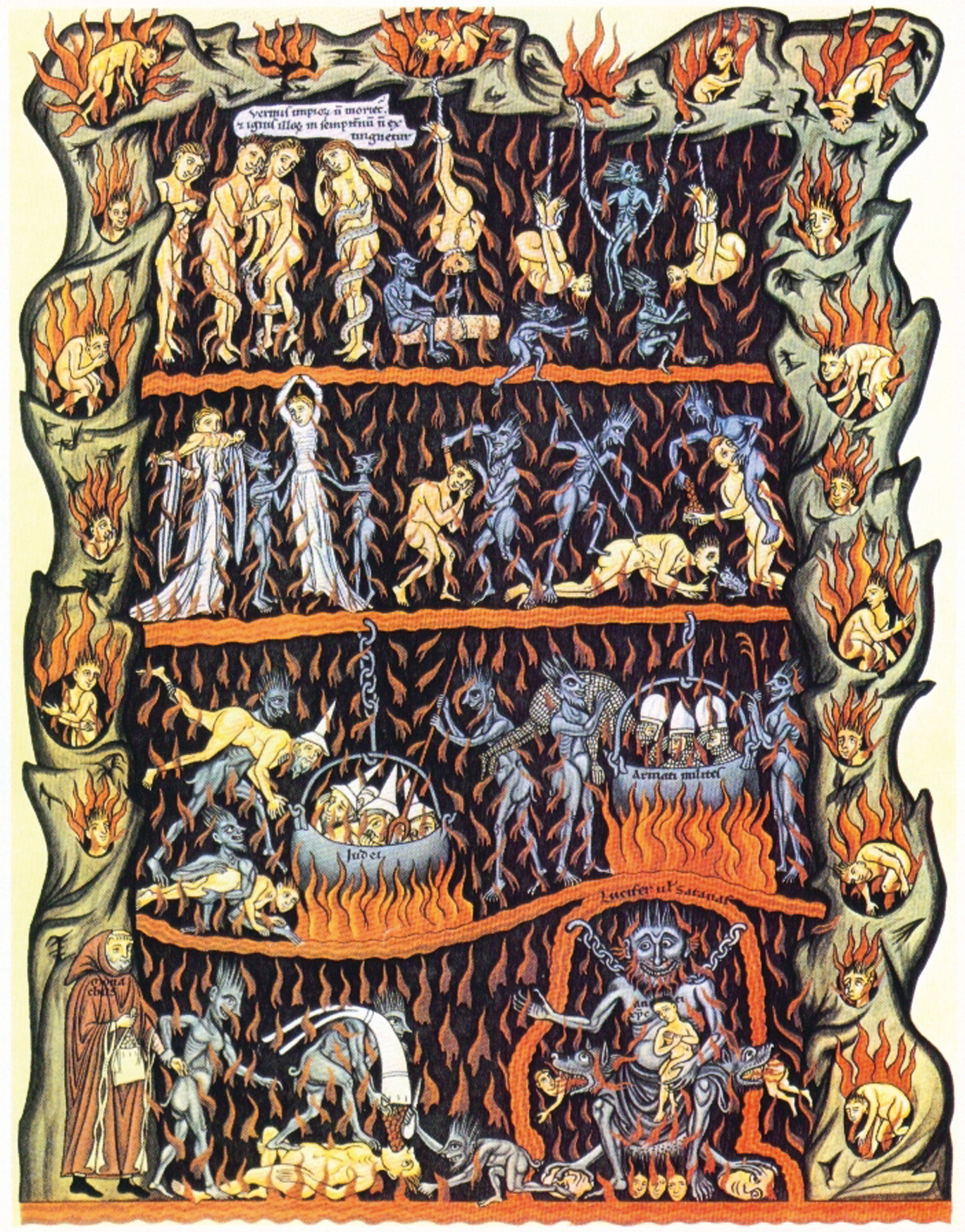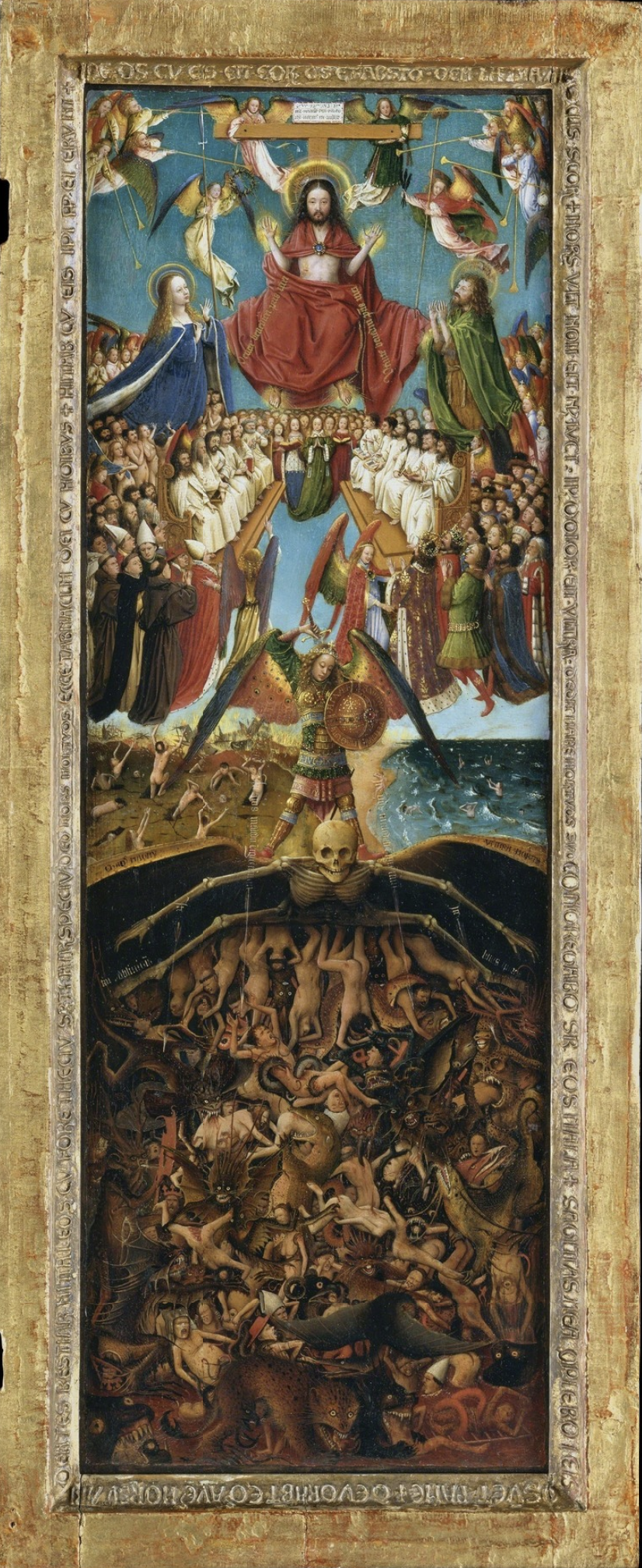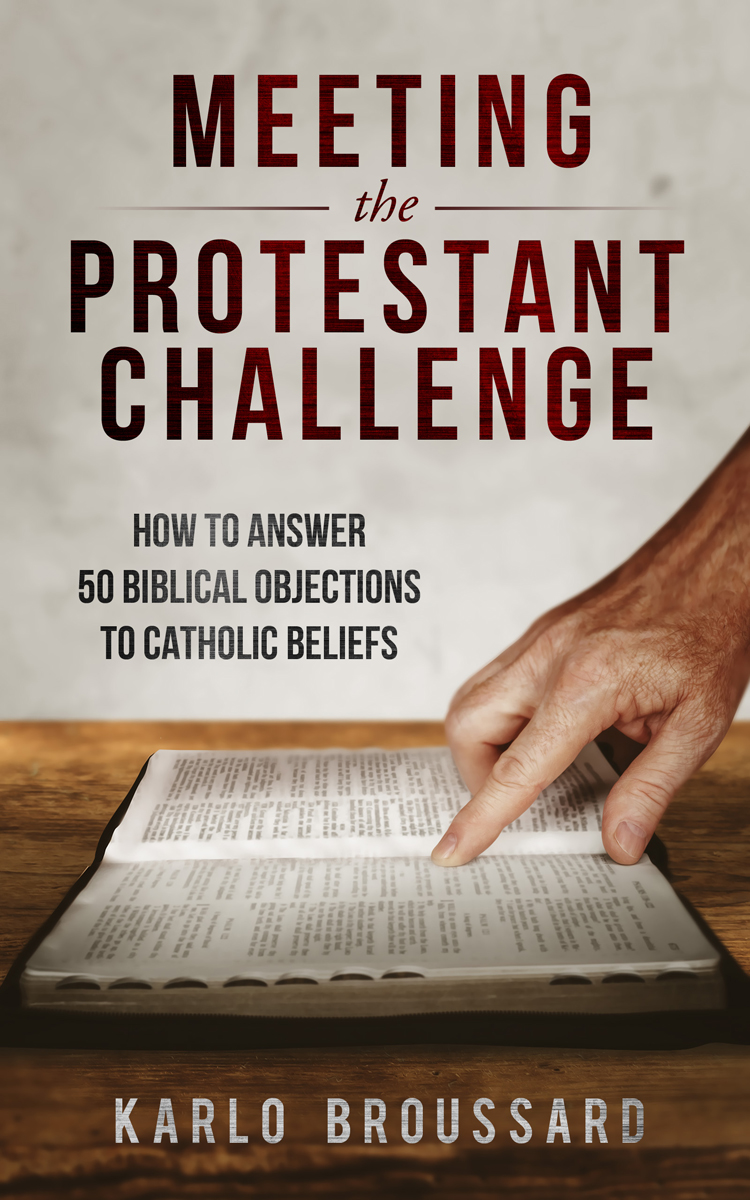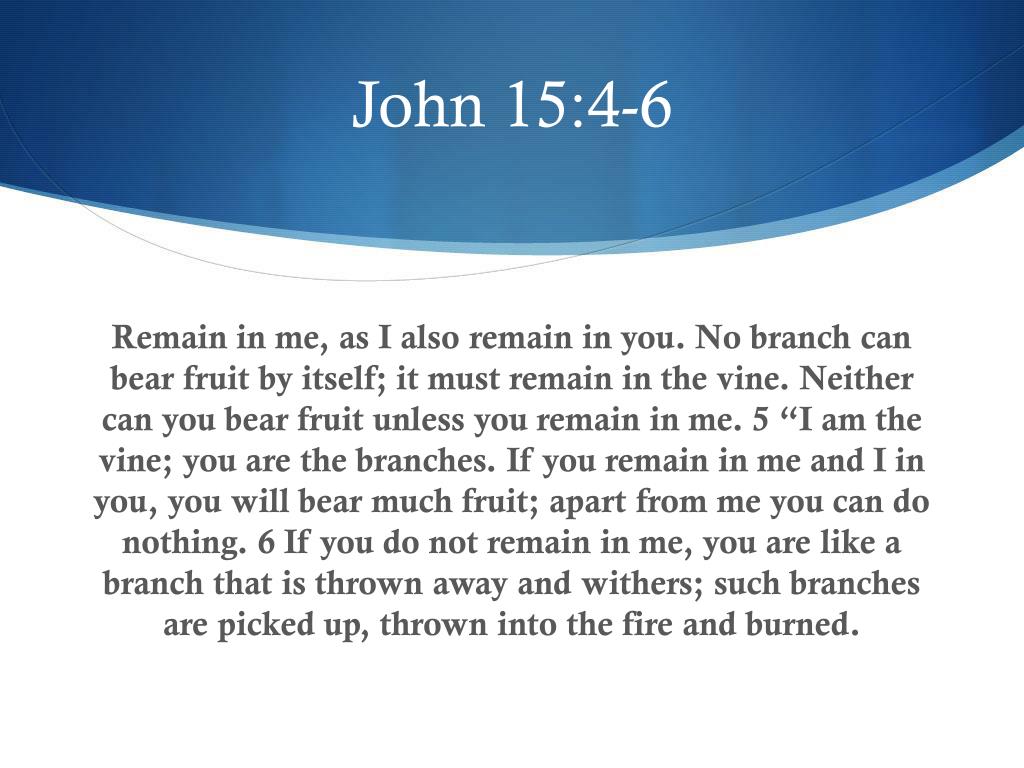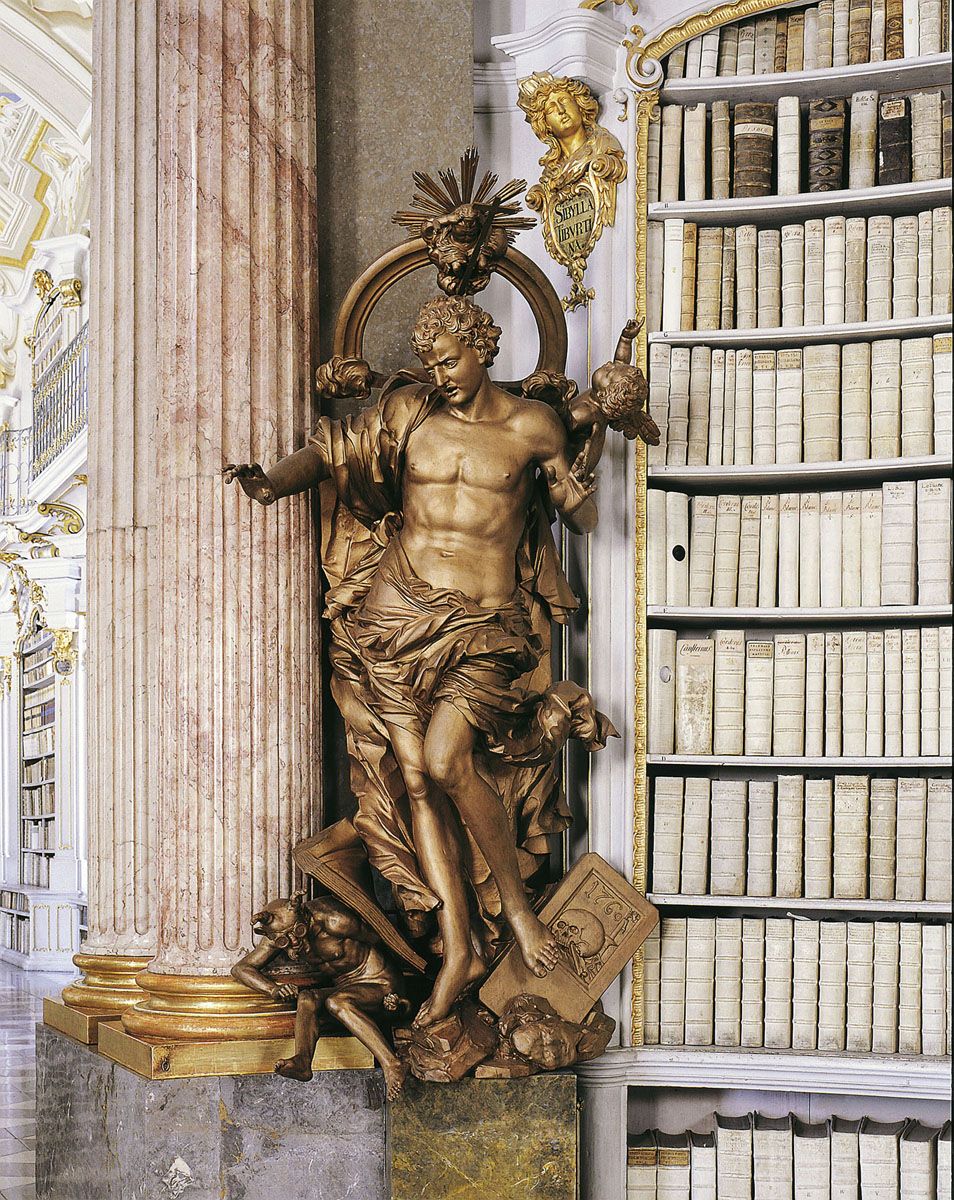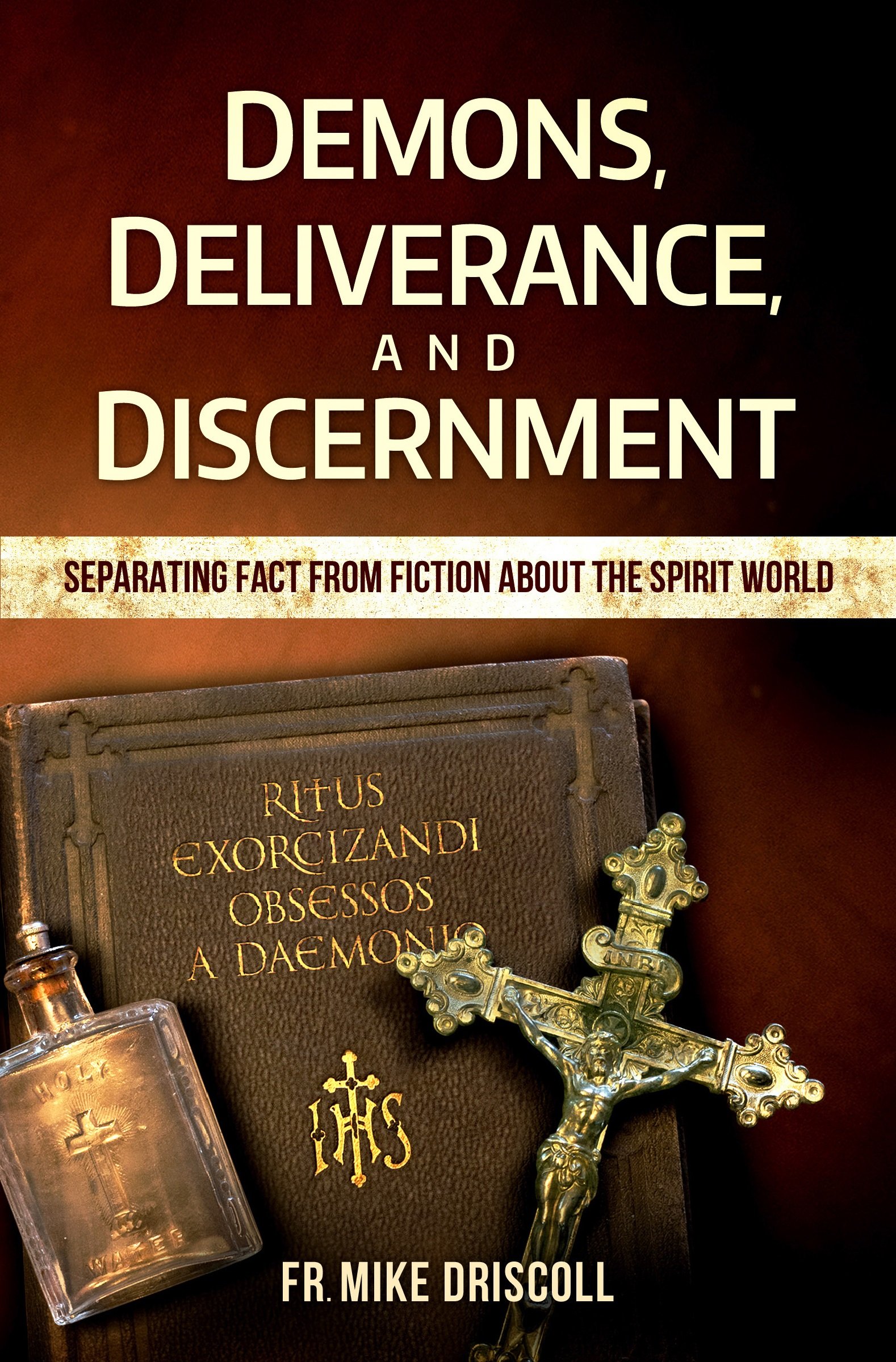
-“The Harrowing of Hell”, by Jacob van Swanenburg, a teacher of the young Rembrandt, ca 1586-1638, oil on copper, H: 48.8 cm (19.2 in); W: 71.1 cm (27.9 in), last sold Christies, London 24 April 2009, $75,906, please click on the image for greater detail.
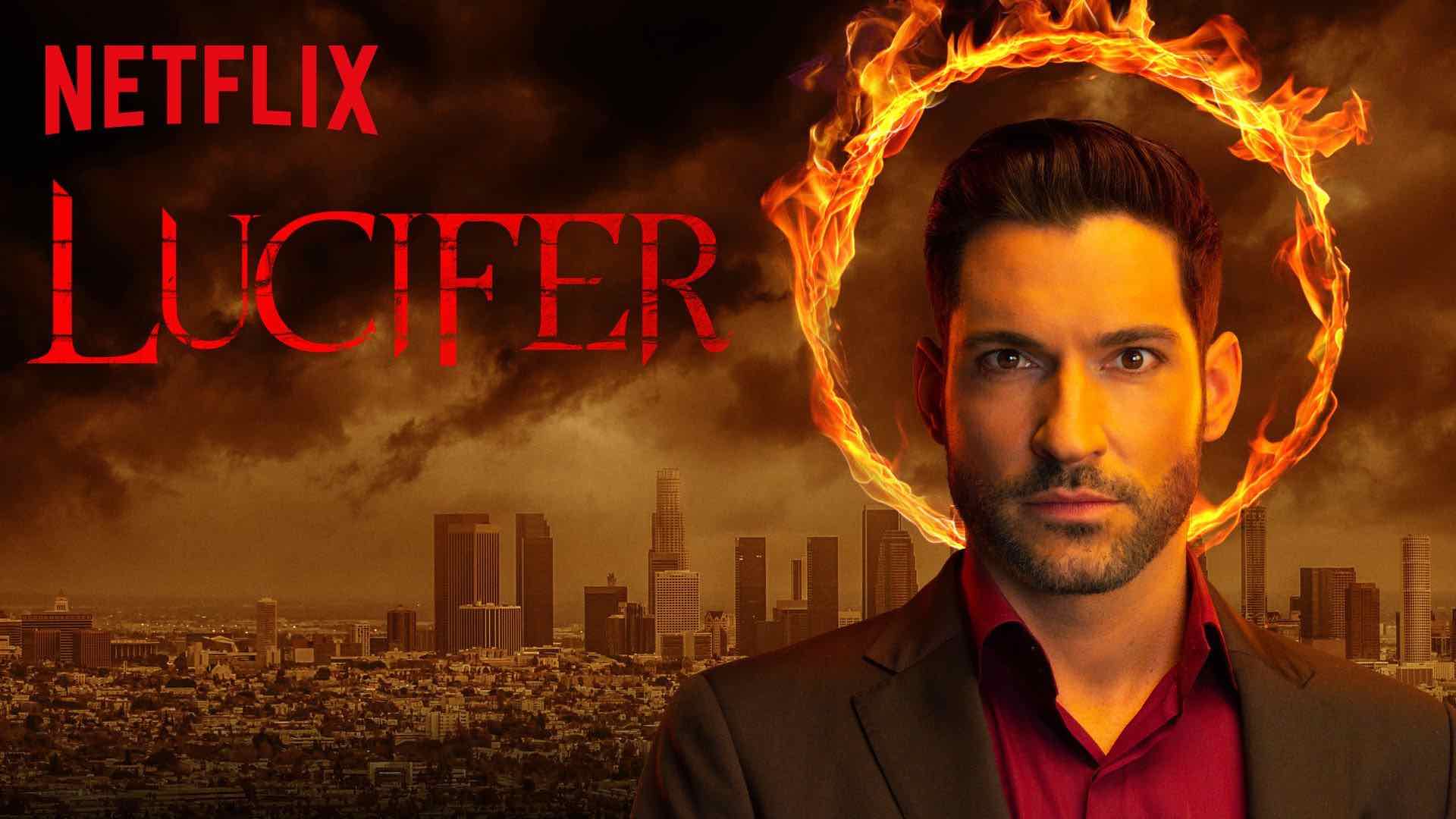
(imma binging on Netflix’s “Lucifer”, where they mos def believe in Hell) Please click on the image for greater detail.
-from Catholic Answers
“In recent years there has arisen a movement that might be called “neo-universalism,” according to which it may be that all men, without exception, go to heaven. Advocates of this movement often say things like, “The Church does not teach that anyone is in hell,” and they cite statements from Church leaders and documents which sound—taken out of context—as if they teach this. If one reads the documents carefully, it is clear that the Church is not saying that no one at all is in hell, but that it has not taught that any particular human mortal who has lived can be known to be in hell. It is simply unknown, up to the present moment, as God has not chosen to reveal it to the Church Militant. Known only to the Churches Penitent and Triumphant.
The doctrine of hell is so frightening that numerous heretical sects end up denying the reality of an eternal hell. The Unitarian-Universalists, the Seventh-day Adventists, the Jehovah’s Witnesses, the Christadelphians, the Christian Scientists, the Religious Scientists, the New Agers, and the Mormons—all have rejected or modified the doctrine of hell so radically that it is no longer a serious threat (Ed. or truth, as the Lord teaches). In recent decades, this decay has even invaded mainstream Evangelicalism, and a number of major Evangelical figures have advocated the view that there is no eternal hell—the wicked will simply be annihilated.
The Catechism of the Catholic Church states: “The teaching of the Church affirms the existence of hell and its eternity. Immediately after death the souls of those who die in a state of mortal sin descend into hell, where they suffer the punishments of hell, ‘eternal fire.’ The chief punishment of hell is eternal separation from God, in Whom alone man can possess the life and happiness for which he was created and for which he longs” (CCC 1035).
In his 1994 book, Crossing the Threshold of Hope, Pope St John Paul II wrote that too often “preachers, catechists, teachers . . . no longer have the courage to preach the threat of hell” (p. 183).
Concerning the reality of hell, the pope says, “In point of fact, the ancient councils rejected the theory . . . according to which the world would be regenerated after destruction, and every creature would be saved; a theory which abolished hell. . . . [T]he words of Christ are unequivocal. In Matthew’s Gospel he speaks clearly of those who will go to eternal punishment (cf. Matt. 25:46). [But] who will these be? The Church has never made any pronouncement in this regard” (pp. 185–6).
Thus the issue that some will go to hell is decided, but the issue of who in particular will go to hell is undecided (Ed. or unknown, in our case, to us).
The early Church Fathers were also absolutely firm on the reality of an eternal hell, as the following quotes show.
Ignatius of Antioch
“Corrupters of families will not inherit the kingdom of God. And if they who do these things according to the flesh suffer death, how much more if a man corrupt by evil teaching the faith of God for the sake of which Jesus Christ was crucified? A man become so foul will depart into unquenchable fire: and so will anyone who listens to him” (Letter to the Ephesians 16:1–2 [A.D. 110]).
Second Clement
“If we do the will of Christ, we shall obtain rest; but if not, if we neglect His commandments, nothing will rescue us from eternal punishment” (Second Clement 5:5 [A.D. 150]).
“But when they see how those who have sinned and who have denied Jesus by their words or by their deeds are punished with terrible torture in unquenchable fire, the righteous, who have done good, and who have endured tortures and have hated the luxuries of life, will give glory to their God saying, ‘There shall be hope for him that has served God with all his heart!’” (ibid., 17:7).
Justin Martyr
“No more is it possible for the evildoer, the avaricious, and the treacherous to hide from God than it is for the virtuous. Every man will receive the eternal punishment or reward which his actions deserve. Indeed, if all men recognized this, no one would choose evil even for a short time, knowing that he would incur the eternal sentence of fire” (First Apology 12 [A.D. 151]).
“We have been taught that only they may aim at immortality who have lived a holy and virtuous life near to God. We believe that they who live wickedly and do not repent will be punished in everlasting fire” (ibid., 21).
“[Jesus] shall come from the heavens in glory with His angelic host, when He shall raise the bodies of all the men who ever lived. Then He will clothe the worthy in immortality; but the wicked, clothed in eternal sensibility, He will commit to the eternal fire, along with the evil demons” (ibid., 52).
The Martyrdom of Polycarp
“Fixing their minds on the grace of Christ, [the martyrs] despised worldly tortures and purchased eternal life with but a single hour. To them, the fire of their cruel torturers was cold. They kept before their eyes their escape from the eternal and unquenchable fire” (Martyrdom of Polycarp 2:3 [A.D. 155]).
Mathetes
“When you know what is the true life, that of heaven; when you despise the merely apparent death, which is temporal; when you fear the death which is real, and which is reserved for those who will be condemned to the everlasting fire, the fire which will punish even to the end those who are delivered to it, then you will condemn the deceit and error of the world” (Letter to Diognetus 10:7 [A.D. 160]).
Athenagoras
“[W]e [Christians] are persuaded that when we are removed from this present life we shall live another life, better than the present one. . . . Then we shall abide near God and with God, changeless and free from suffering in the soul . . . or if we fall with the rest [of mankind], a worse one and in fire; for God has not made us as sheep or beasts of burden, a mere incidental work, that we should perish and be annihilated” (Plea for the Christians 31 [A.D. 177]).
Theophilus of Antioch
“ [God] will examine everything and will judge justly, granting recompense to each according to merit. To those who seek immortality by the patient exercise of good works, he will give everlasting life, joy, peace, rest, and all good things. . . . For the unbelievers and for the contemptuous, and for those who do not submit to the truth but assent to iniquity, when they have been involved in adulteries, and fornications, and homosexualities, and avarice, and in lawless idolatries, there will be wrath and indignation, tribulation and anguish; and in the end, such men as these will be detained in everlasting fire” (To Autolycus 1:14 [A.D. 181]).
Irenaeus
“[God will] send the spiritual forces of wickedness, and the angels who transgressed and became apostates, and the impious, unjust, lawless, and blasphemous among men into everlasting fire” (Against Heresies 1:10:1 [A.D. 189]).
“The penalty increases for those who do not believe the Word of God and despise his coming. . . . [I]t is not merely temporal, but eternal. To whomsoever the Lord shall say, ‘Depart from me, accursed ones, into the everlasting fire,’ they will be damned forever” (ibid., 4:28:2).
Tertullian
“After the present age is ended he will judge his worshipers for a reward of eternal life and the godless for a fire equally perpetual and unending” (Apology 18:3 [A.D. 197]).
“Then will the entire race of men be restored to receive its just deserts according to what it has merited in this period of good and evil, and thereafter to have these paid out in an immeasurable and unending eternity. . . . The worshipers of God shall always be with God, clothed in the proper substance of eternity. But the godless and those who have not turned wholly to God will be punished in fire equally unending” (ibid., 44:12–13).
Hippolytus
“To those who have done well, everlasting enjoyment shall be given; while to the lovers of evil shall be given eternal punishment. The unquenchable and unending fire awaits these latter, and a certain fiery worm which does not die and which does not waste the body but continually bursts forth from the body with unceasing pain. No sleep will give them rest; no night will soothe them; no death will deliver them from punishment; no appeal of interceding friends will profit them” (Against the Greeks 3 [A.D. 212]).
Minucius Felix
“I am not ignorant of the fact that many, in the consciousness of what they deserve, would rather hope than actually believe that there is nothing for them after death. They would prefer to be annihilated rather than be restored for punishment. . . . Nor is there either measure nor end to these torments” (Octavius 34:12–5:3 [A.D. 226]).
Cyprian of Carthage
“An ever-burning Gehenna and the punishment of being devoured by living flames will consume the condemned; nor will there be any way in which the tormented can ever have respite or be at an end. Souls along with their bodies will be preserved for suffering in unlimited agonies. . . . The grief at punishment will then be without the fruit of repentance; weeping will be useless, and prayer ineffectual. Too late will they believe in eternal punishment, who would not believe in eternal life” (To Demetrian 24 [A.D. 252]).
Lactantius
“[T]he sacred writings inform us in what manner the wicked are to undergo punishment. For because they have committed sins in their bodies, they will again be clothed with flesh, that they may make atonement in their bodies; and yet it will not be that flesh with which God clothed man, like this our earthly body, but indestructible, and abiding forever, that it may be able to hold out against tortures and everlasting fire. . . . The same divine fire, therefore, with one and the same force and power, will both burn the wicked and will form them again, and will replace as much as it shall consume of their bodies, and will supply itself with eternal nourishment” (Divine Institutes 7:21 [A.D. 307]).
Cyril of Jerusalem
“We shall be raised therefore, all with our bodies eternal, but not all with bodies alike: for if a man is righteous, he will receive a heavenly body, that he may be able worthily to hold converse with angels; but if a man is a sinner, he shall receive an eternal body, fitted to endure the penalties of sins, that he may burn eternally in fire, nor ever be consumed. And righteously will God assign this portion to either company; for we do nothing without the body. We blaspheme with the mouth, and with the mouth we pray. With the body we commit fornication, and with the body we keep chastity. With the hand we rob, and by the hand we bestow alms; and the rest in like manner. Since then the body has been our minister in all things, it shall also share with us in the future the fruits of the past” (Catechetical Lectures 18:19 [A.D. 350]).
NIHIL OBSTAT: I have concluded that the materials
presented in this work are free of doctrinal or moral errors.
Bernadeane Carr, STL, Censor Librorum, August 10, 2004
IMPRIMATUR: In accord with 1983 CIC 827
permission to publish this work is hereby granted.
+Robert H. Brom, Bishop of San Diego, August 10, 2004
Love & truth,
Matthew
